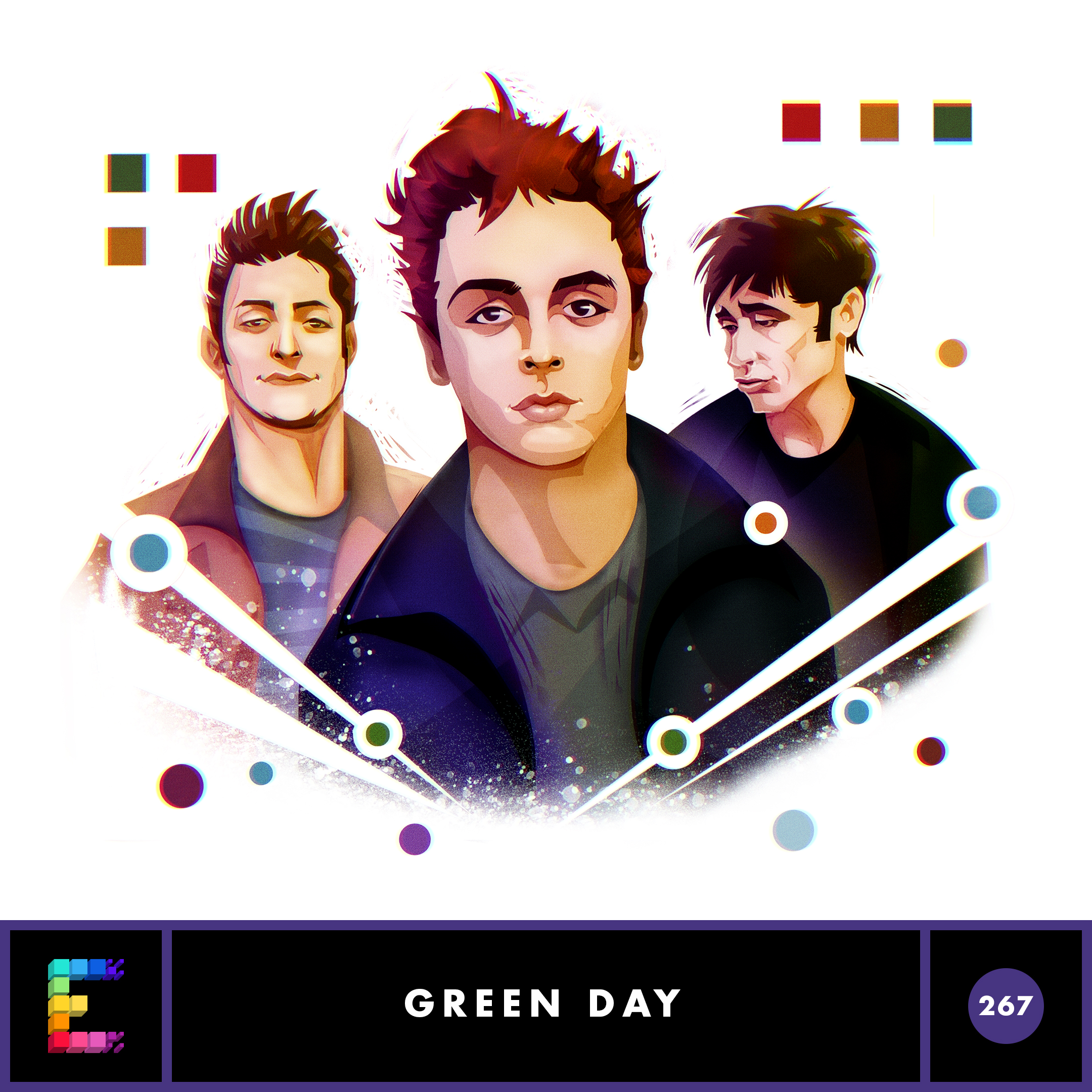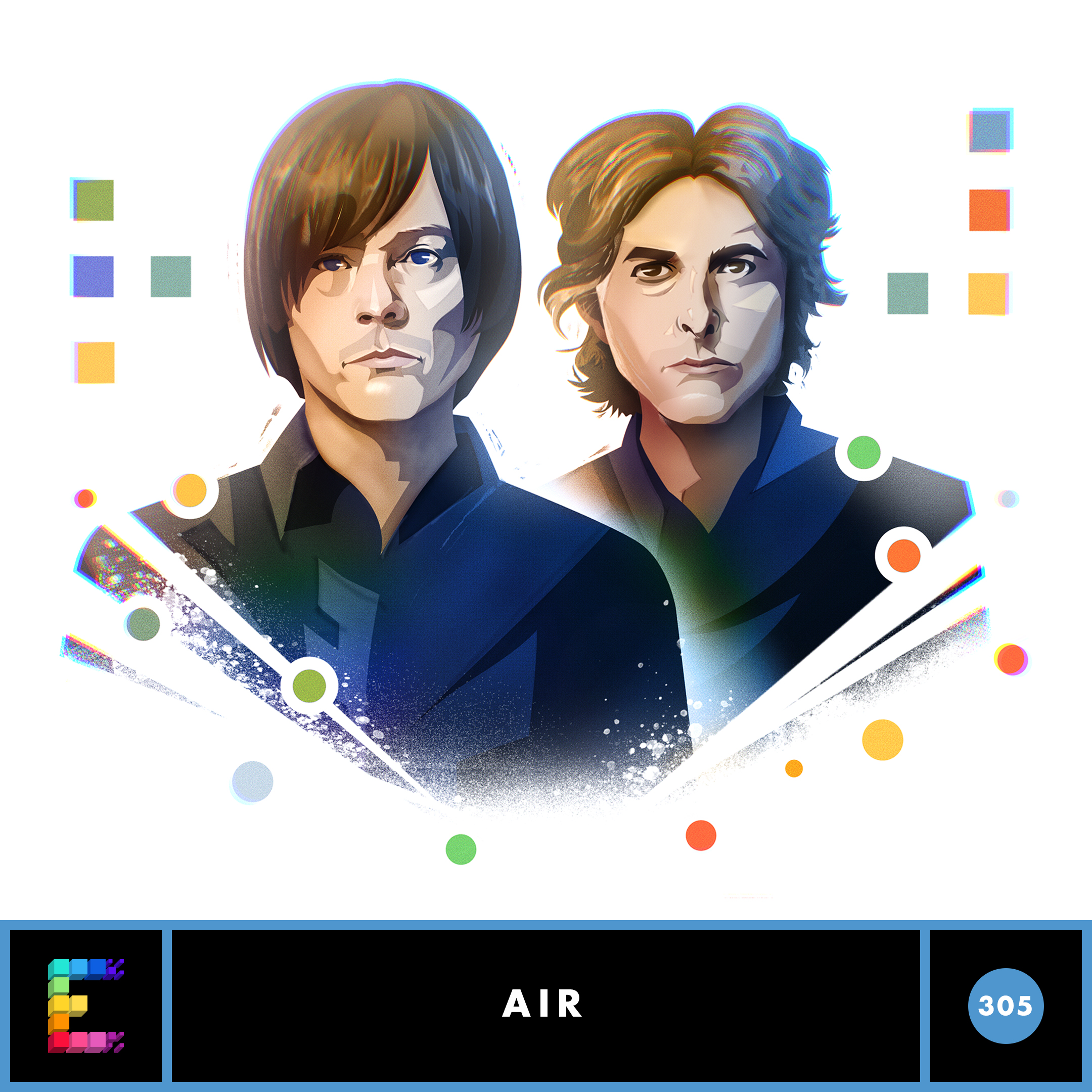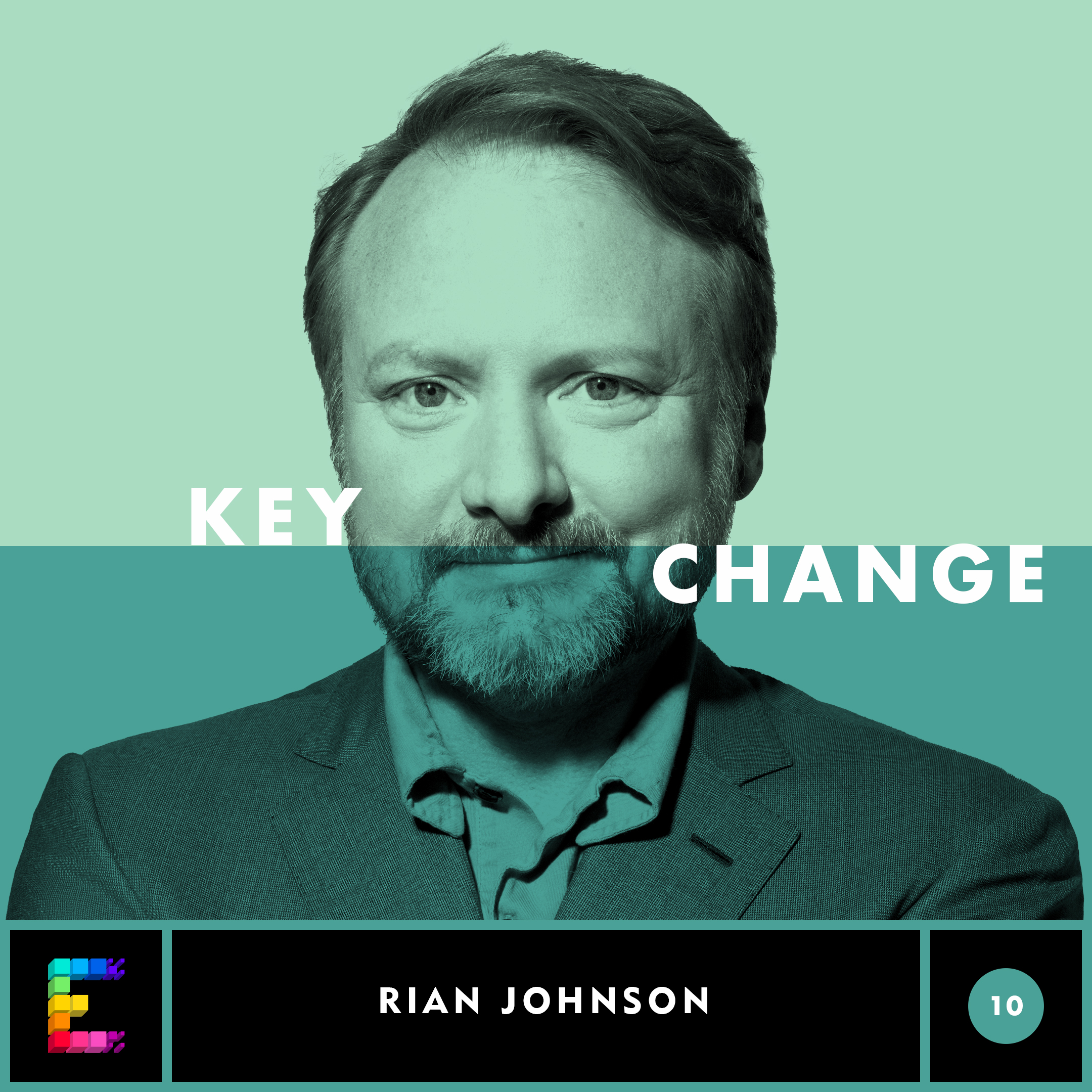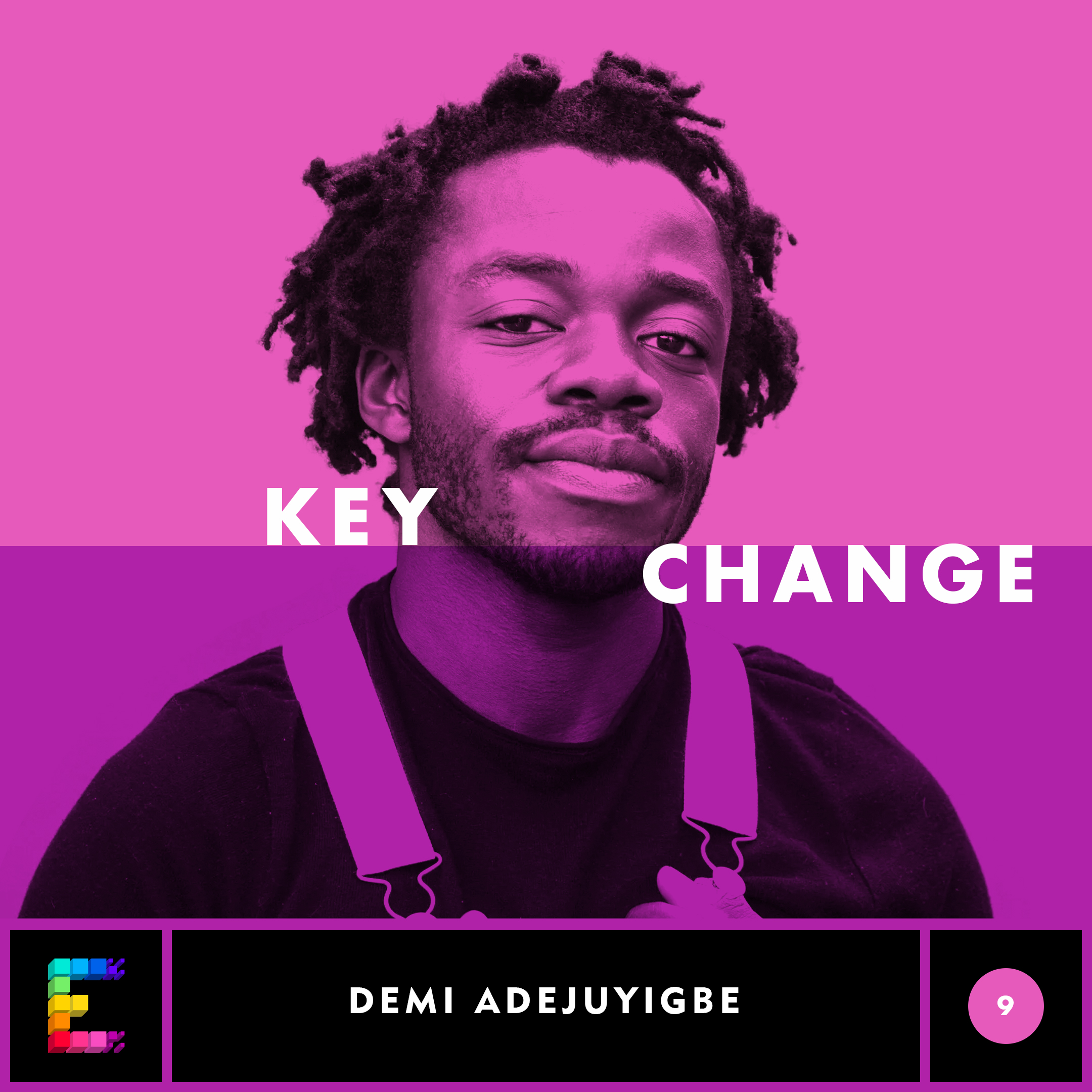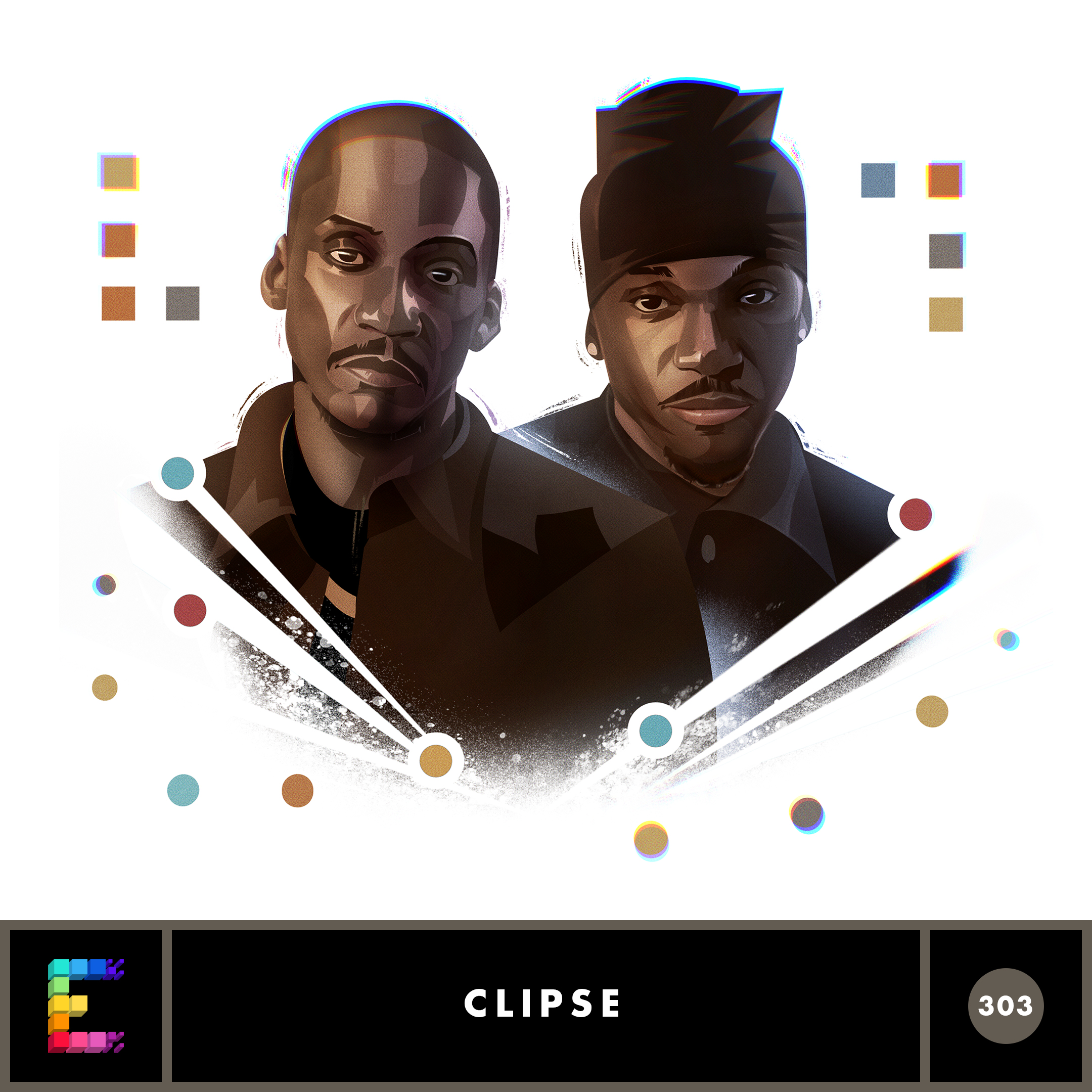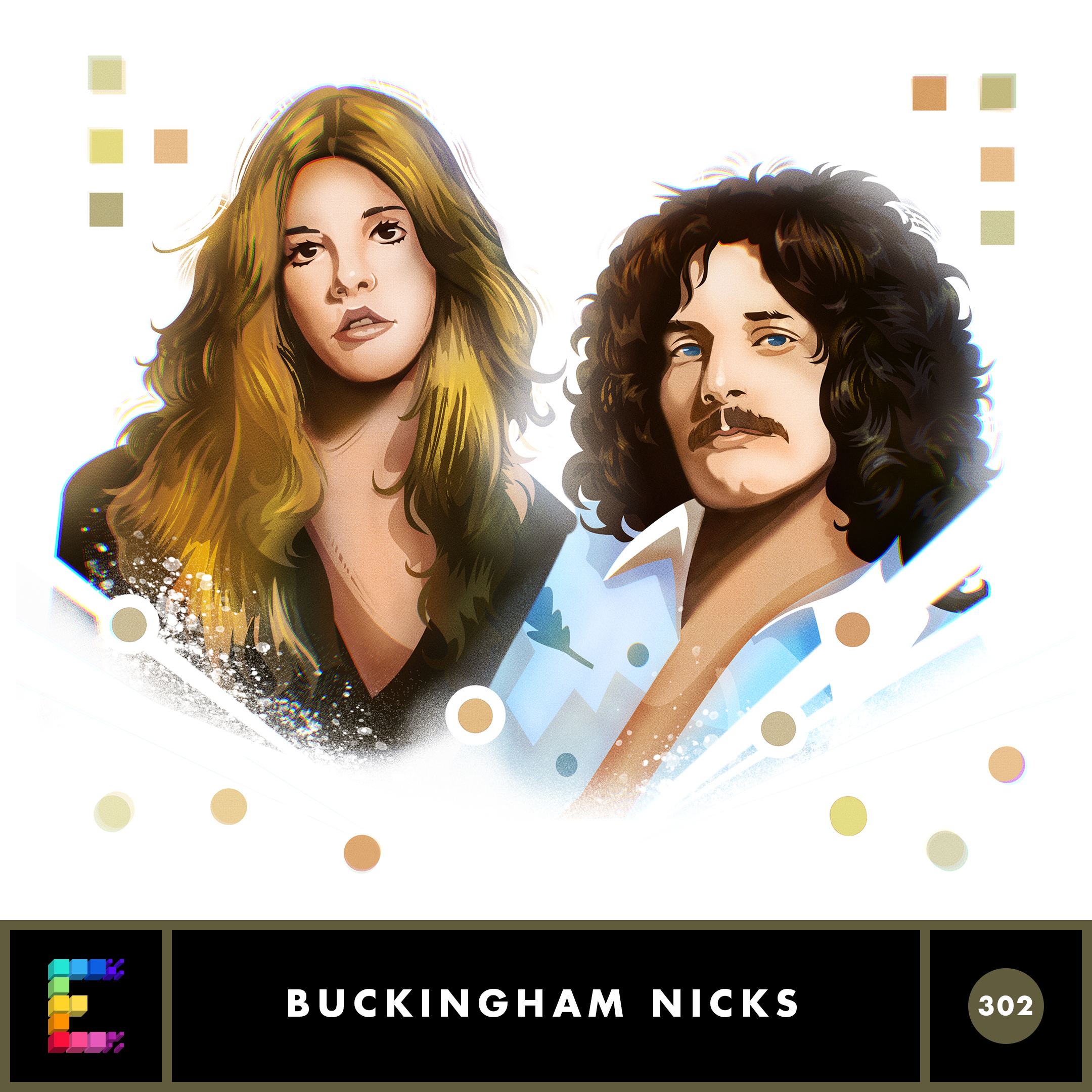Green Day - Basket Case
Green Day is a punk band from the East Bay in California. Billie Joe Armstrong, Mike Dirnt and Tré Cool have been playing music together since 1987. They’ve sold over 90 million records. They’ve won four Grammys, including twice for Best Rock Album. They put out their first album in 1990, and their second album, Kerplunk!, in 1991. And then, they moved to a major label and in 1994 they put out their third album, Dookie, which was huge. It helped bring punk into the mainstream. And this month is its 30th anniversary. So for this episode, I talked to Billie Joe Armstrong about the making of one of Green Day’s biggest hits of all time: “Basket Case."
Coming up, you’ll also hear from Rob Cavallo, who produced the album. Plus, you’ll hear two different demo versions of “Basket Case,” the first of which is basically a totally different song.
Billie Joe Amstrong traces the history of “Basket Case,” from its origins as a cassette recording in a punk basement, all the way to becoming a song that helped define an era of music.
For more, visit songexploder.net/green-day.
Press play and read along
Transcript
Transcript is processing—check back soon.
